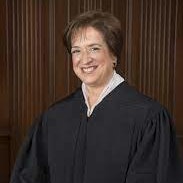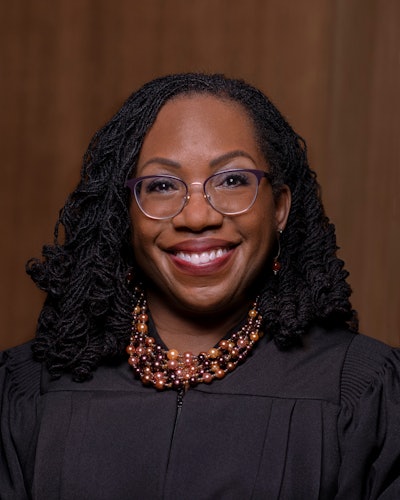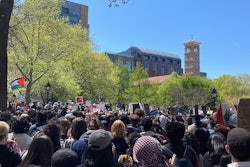After months of uncertainty for borrowers, the Biden administration’s student loan debt cancellation program, which offers $10,000 of relief to those making up to $125,000 and $20,000 for Pell Grant recipients, came before the Supreme Court on Tuesday, in oral arguments that stretched for over an hour past their scheduled time.
The justices heard two cases with the potential to curb the president’s efforts at forgiveness, one, Biden v. Nebraska, from a collection of states arguing that the program hurt their potential revenues, and one, Department of Education v. Brown, from a pair of borrowers who believed that they should have received some or more relief, respectively.
But a good portion of the argument didn’t turn on the merits of those cases. Instead, it focused on whether the plaintiffs had the standing to sue in the first place, the specific injury that is required as the grounds for a lawsuit. The state of Missouri argued that it would be damaged by the debt forgiveness through loss of revenue to the Missouri Higher Education Loan Authority (MOHELA), a quasi-state loan servicer. And the borrowers argued that they had suffered because the lack of a notice-and-comment period denied them the opportunity to advocate for even more debt relief for themselves.
Both claims encountered skepticism from the justices. In the states’ case, several of the liberal-leaning members of the bench seemed persuaded by arguments that MOHELA was a distinct entity from the state of Missouri.
 Associate Justice Elena Kagan
Associate Justice Elena Kagan
Although there was general agreement that MOHELA itself could have sued, even conservative judges cast doubt on Missouri’s standing. Justice Amy Coney Barrett questioned why the state hadn’t forced MOHELA to file a claim.
 Associate Justice Ketanji Brown Jackson
Associate Justice Ketanji Brown Jackson




















